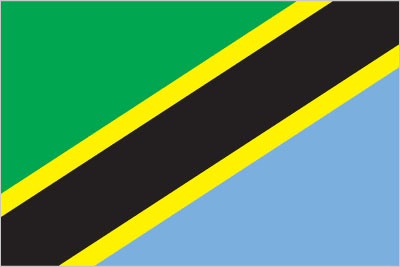Tanzania’s new Technology Action Plan for the water sector identifies smart water meters as a key priority for Tanzania to address the widespread problem of water that is lost before reaching the consumer. The plan identifies and analyses barriers and the enabling framework conditions, which are required for introducing water leakage management through smart water metering systems. Thereby it starts the digitalization of the water sector in Tanzania. Embarking into a smart water metering programme is a huge challenge and involves extensive planning, training of personnel, customer information system and management. A higher awareness of water consumption is a key contribution by the smart water meters, but digitalization will also have a significant impact on preserving the country’s water resources in general.
Tanzania is located in East Africa within the African Great Lakes region. The country has sustained relatively high economic growth rates over the past decade, accompanied by improvements in human development outcomes. Agriculture is a key economic sector and remains the mainstay of many livelihoods, with about 80% of the population being dependent on agriculture as their main source of income. Consequently many Tanzanians are highly exposed to the impacts of climate change. Projections estimate an increase in the frequency and amplitude of extreme heat events, increasing aridity and changing rainfall patterns. Particularly vulnerable to these climatic changes are the rain-fed agriculture systems on which the livelihoods of many Kenyans currently depend.
Tanzania completed its TNA in 2018. Increasing resilience to climate change and enhancing adaptation and mitigation capacity is a necessary prerequisite to fostering continued progress. The TNA has assisted Tanzania in its visions by introducing a systematic approach through which the most relevant climate technologies were found and selected. It also worked as way to develop an integrated approach, seeing how the chosen technologies complement and strengthen each other across sectors.
Tanzania’s TNA contributes to the following Sustainable Development Goals:






